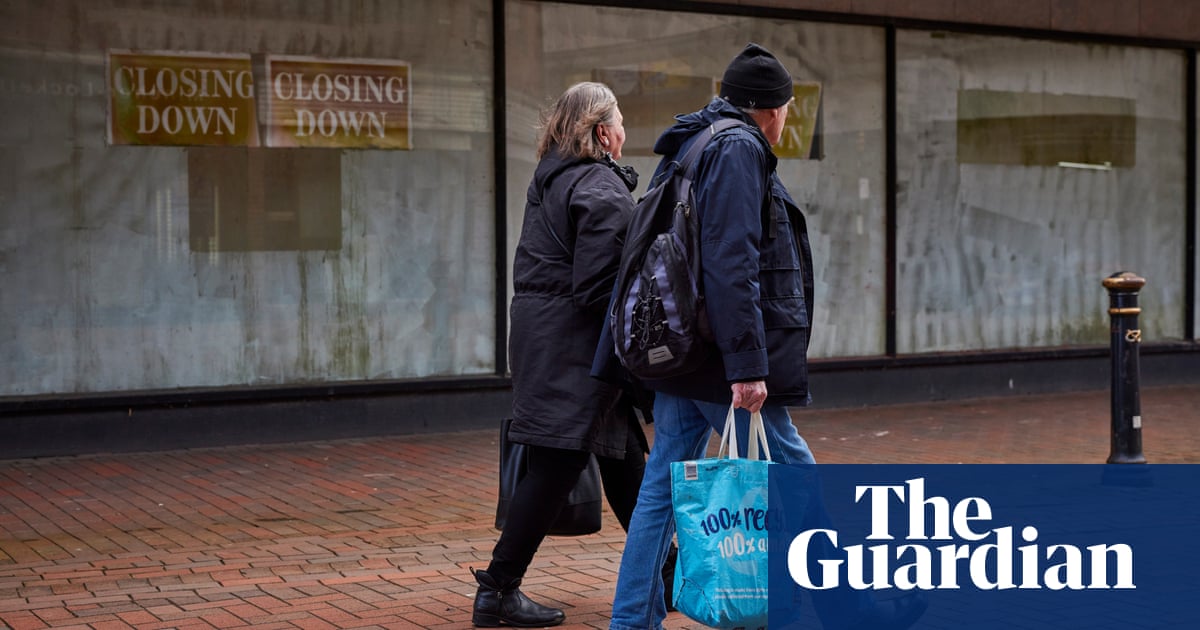Labour risks higher mortgage bills and worse unemployment, says HSBC

- by Admin
- June 17, 2024

The Bank of England is currently laser-focused on whether inflation is proving particularly stubborn in the services sector.
Its panel of rate-setters is reluctant to start reducing interest rates from a 16-year-high of 5.25pc until they feel confident that this type of inflation is fading.
Markets are only fully pricing in one rate cut from the Bank this year after inflation and wage growth fell slower than expected in recent months.
HSBC warned that “high wage growth is fuelling inflation in the UK at the moment”, adding that services inflation is not “fully tamed”.
A decision by the Bank of England to keep interest rates higher for longer – or even increase them – would be a further headache for mortgage holders, who have been grappling with rising borrowing costs in recent years.
Ms Martins and Ms Wilks said that while minimum wage rises have so far occurred without too many negative impacts, Labour’s potential increases risked creating a tipping point.
Such rises would “at some level presumably have a detrimental impact on unemployment – we just don’t know where it is until we reach it”, they said.
Figures from the Recruitment and Employment Confederation (REC) published on Monday suggested the increase has led to a slump in hiring summer workers for industries like hospitality and leisure.
However, HSBC said the wages proposal could also bring a boost to employment. In a best-case scenario, it could help grow the workforce and enhance productivity by raising motivation and encouraging greater numbers of people to work.
This is “sorely needed”, as the UK’s employment rate is yet to recover after the pandemic, amid soaring long-term sickness. Similarly, it would likely help public finances as more people would be in work rather than claiming benefits, they argued.
However, they added this was likely an overly optimistic view.
Ms Martins and Ms Wilks said: “Some of the features of a labour market that we might normally expect from Labour have been to some degree delivered already by the Conservatives.”
Another area of concern was Labour’s silence on the big spending cuts needed to some parts of public finances unless the economy grows faster than expected, they noted.
Ms Martins and Ms Wilks added: “Realistically, it is possible that Labour might have to raise taxation.”
Labour was contacted for comment.
Read the latest updates below.
The Latest News
-
December 23, 2024Christmas shopping from a more civilised age! As Britain is gripped by festive getaway chaos and a looming recession, how the country used to get its last-minute purchases done in style
-
December 23, 2024On board with the pilots doing one of Britain’s toughest jobs
-
December 23, 2024Christmas Travel LIVE: Traffic chaos on motorways while flights cancelled
-
December 23, 2024UK economy stagnates as GDP figures revised down
-
December 23, 2024Donald Trump taps ‘Apprentice’ producer as special envoy to UK





